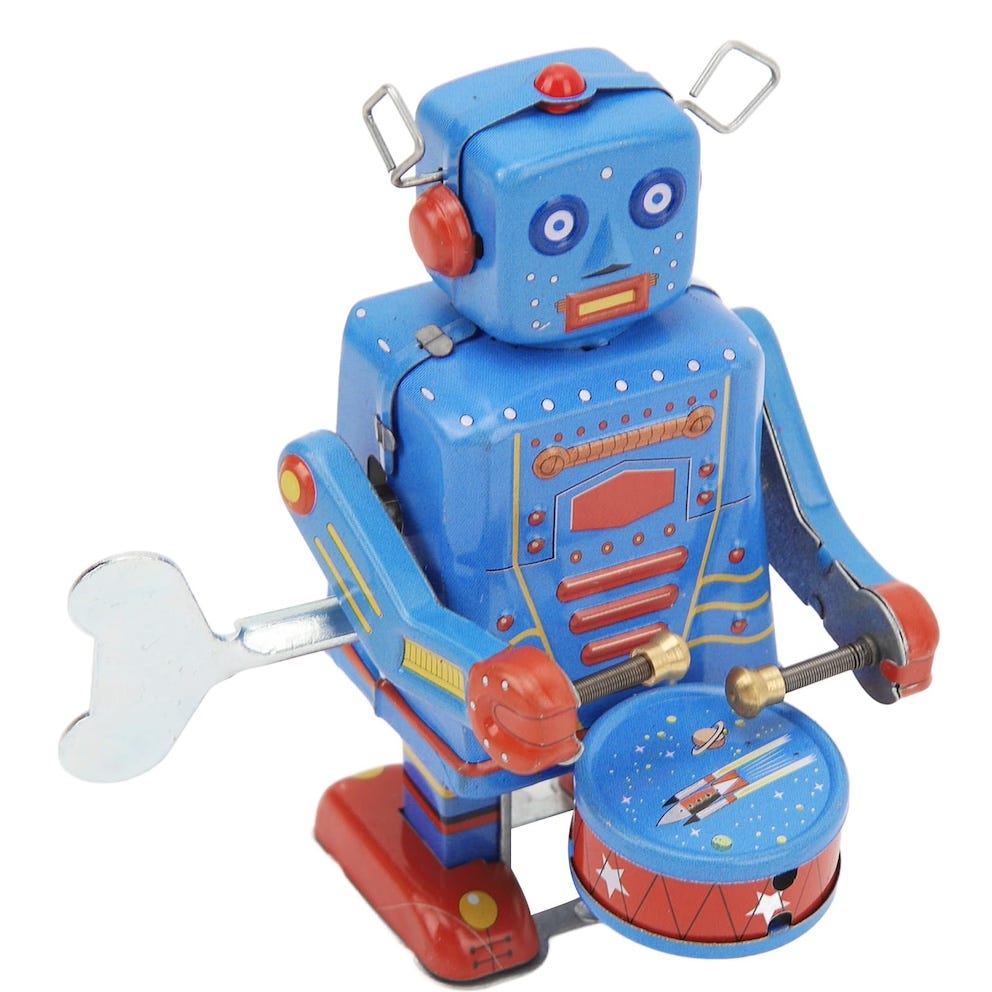On being a bit useless
Too good equals no good
Aching with exhaustion and the unwanted attention of several billion flu virions for the tenth day running, I lay down with an eye mask and wondered if my problem was that I was actually too good. Was I - possibly without even realising it - just a bit too into doing the right thing and turning in a solid account of myself to my invisible personal god?
This was a thought I've never had before.
I enviously considered the example of a close friend who seems robustly healthy all the time. This friend (let's call him N) is full of vigorous, practical energy - he walks around with bare feet in winter for chrissakes. I don't know if he gets much done, but he seems to. But here’s the thing: is N perhaps not also a little bit lazy? I remember him vegging out on a sofa once with a pack of crisps, and it was only 5pm.
Is it possible that there are people out there, people like N with families and jobs, millions of them maybe, who cut themselves a bit of slack - but every single day?
Might I, without breaking anything, actually benefit from being just a bit more useless?
I seriously considered this idea. If I allowed myself to be even a few ounces more lazy, just a teeny bit more incompetent, might I actually get more done, be less stressed, inspire my people, be more creative?
Well, right - yes. I even wrote a book once called The Lazy Guru. Only this time I could feel it as a truth not to be denied in the core of my achey bones.
Invisible drivers
The tricky thing is, the driver to be perfect is unconscious to those of us who have it - just like all our drivers (and I have all of them).
I work with overachievers whose spinning flywheels help turn the restless engines of entrepreneurship and capitalism. All good - except these impressive people also carry a lethal dose of agitation and dissatisfaction. This poison keeps them moving, moving all the time, never resting. But they get a lot done!
Amazingly, those blessed with achiever DNA are so unaware of their own competence threshold, their own sense of duty, that they actually worry they are being lazy - even when they are working twice as hard as 90% of the human race.
So weirdly, there is a constituency on this planet - maybe including you - which could actually afford to give itself a break from time to time.
Whether or not this profile describes you, let the thought turn in your head that being too good may render you less happy, less successful, less intuitive and less powerful than you otherwise could be.
And maybe take the medicine of uselessness for a change.
Questions to consider
Could I benefit from being a bit more useless, un peu less than perfect, in certain areas of my life?
Could I allow myself to slack off, finish early at work, take a bike ride or walk or whatever I feel like today - just because?
Could I let people down from time to time; in a way that might perhaps even bring out their capabilities and strengths?
Does it take getting ill before I can allow myself to be just a bit shit?
Practice
If this strikes a chord, you can try the following next time you’re in bed with flu (or before it gets to that):
Tune into your system like the dial on a radio.
Try identifying the part of you that will never let you rest. See if you can locate its controlling tension somewhere inside your body.
Imagine this part is not you but rather an internalised voice from your past - someone else's uptightness - a way of being you adopted to survive.
How does this part talk to you when you consider taking the speed off? What threats and worries does it whisper?
Who does it say will suffer if you slack off a little? Is that even true?
Can you explain to it that no one will die (they might even benefit) if you just take the pressure off a bit today?
Once you’ve asked yourself those questions, notice how it affects the feelings in your system, if at all. Is there relief or liberation? Or are you more in the mood for this?
BTW, I got better from my flu very quickly after this episode. Just saying.
Media
Charles Eisenstein on why capitalism won’t destroy itself.
And from my own archive, this.
Quote of the week
"Your best work will come from undoing—from slowing down and giving yourself time and space. The Japanese call this vacuum ma—an empty space that’s intentionally there. In Hebrew, the same concept is called selah. The word appears 74 times in the Hebrew Bible as a direction to stop reading, pause, and contemplate what just appeared in the text." - Ozan Varol
Thank you.
PS - for those of you thinking: “Laurence could afford to be a little bit less useless from time to time” - you have my sympathy.
Laurence
www.laurenceshorter.com


Feeling the connection to IFS and creating more awareness of our adaptive behaviours.
This hit home “Could I let people down from time to time?”